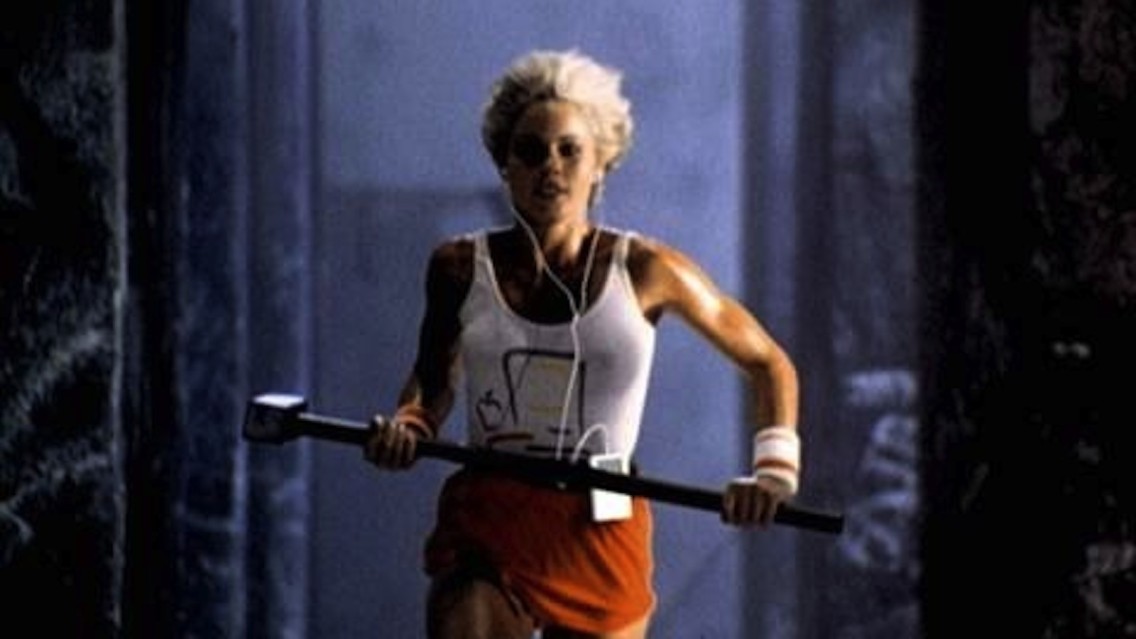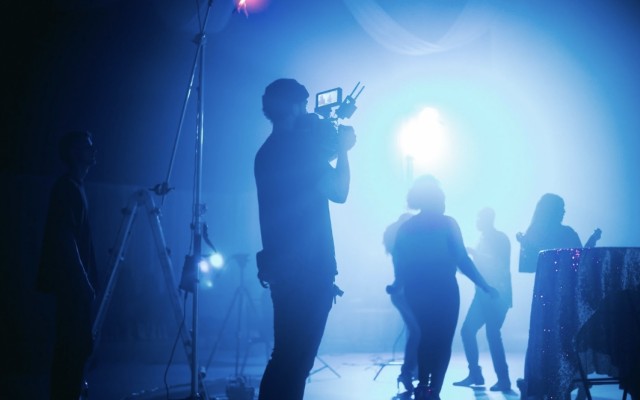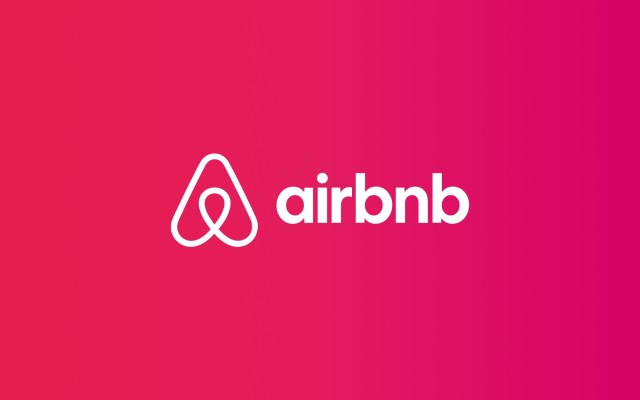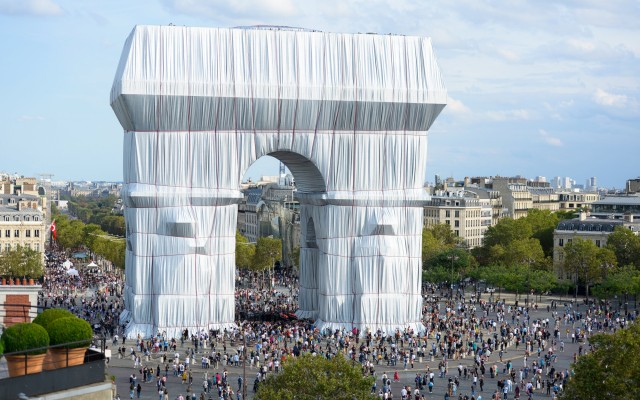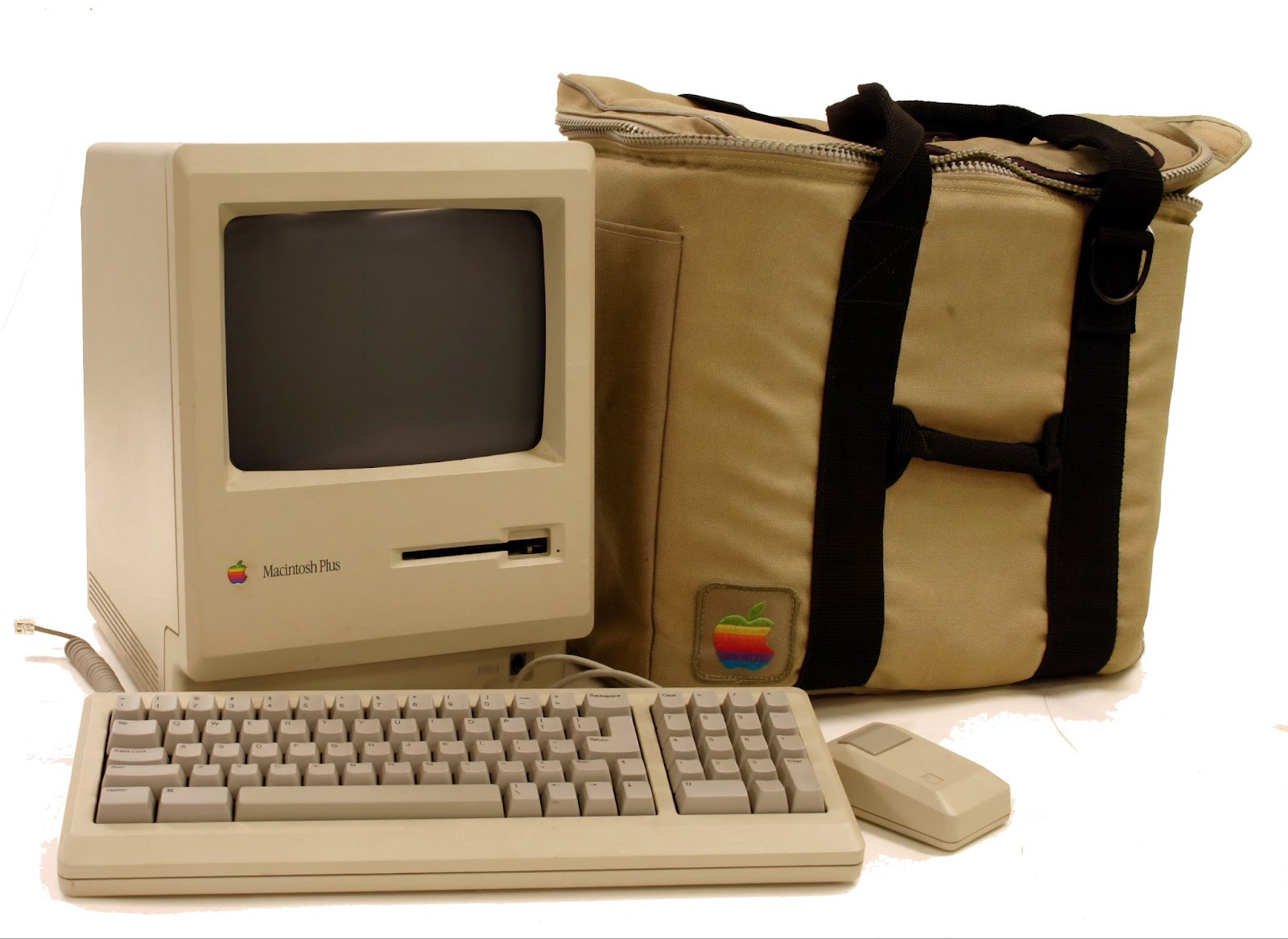
Apple Macintosh Plus computer
So what makes this ad so notorious? Is it that it was only aired in its full 60-second form once during the Super Bowl XVIII? Or is it just because the great author George Orwell considered it copyright infringement due to the similarities with his novel 1984?
Or maybe it's because of the timeless theme of breaking free from restrictions, relevant until this day, made even more pertinent by the fact the ad was never meant to see the light of day.
"At the time, the entire board of Apple hated the commercial and ordered it to be shelved."
Say what? Yes, the commercial created by leading ad agency Chiat/Day and directed by world-renowned director Ridley Scott must have cost roughly as much as one of Jeff Bezos’ modest-sized yachts. Especially with the purchasing cost of ad time during the most popular televised sports event in the US.
Yet at the time, the entire board of Apple hated the commercial and ordered it to be shelved. Except for Apple co-founder Steve Jobs and then-CEO John Sculley, who were in love with the ad.
Along with co-founder Steve Wozniak, Jobs and Sculley showed copies of the ad to their inner circle. Reception ranged from total awe and bewilderment to near shock, which made them believe in the potential of their ad even more. It seemed to have a profound effect on viewers.

Famous Apple co-founder Steve Jobs loved the ad, feeling certain it would be a success
The team at Chiat/Day that created the storyboard, Steve Hayden and Brent Thomas, knew that Jobs was looking for a home run when they concocted “1984”. They visualized and produced the grim surroundings in which we see a room full of bald shaved, drone-like men marching in unison while staring obediently at a huge screen.
They appear to be dominated by “Big Brother” (cleverly meant to resemble IBM’s “Big Blue” computer) who is right in the middle of a speech about the power of so-called ‘Information Purification’.
From the depths of these dark grey and blue hues, we see an athletic blonde woman in bright red shorts running towards the scene, carrying a sledgehammer while being chased by police.
 Follow Your Gut and Band Together When a Client Says No?
Follow Your Gut and Band Together When a Client Says No?

